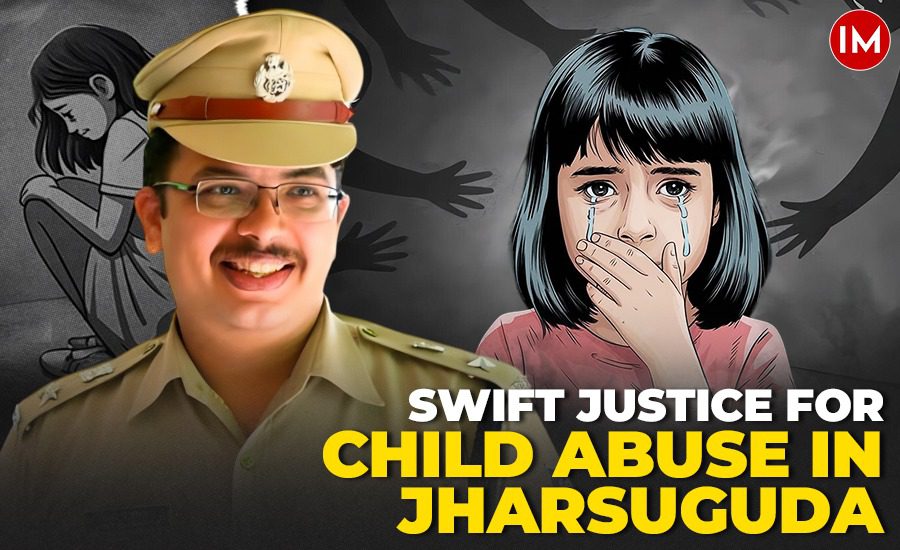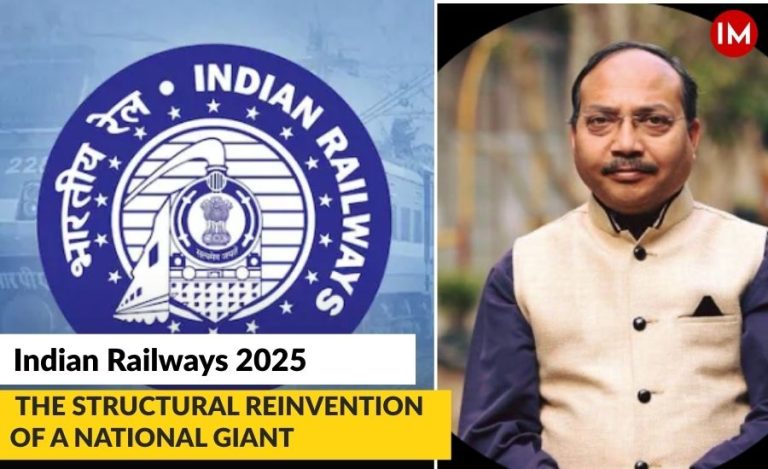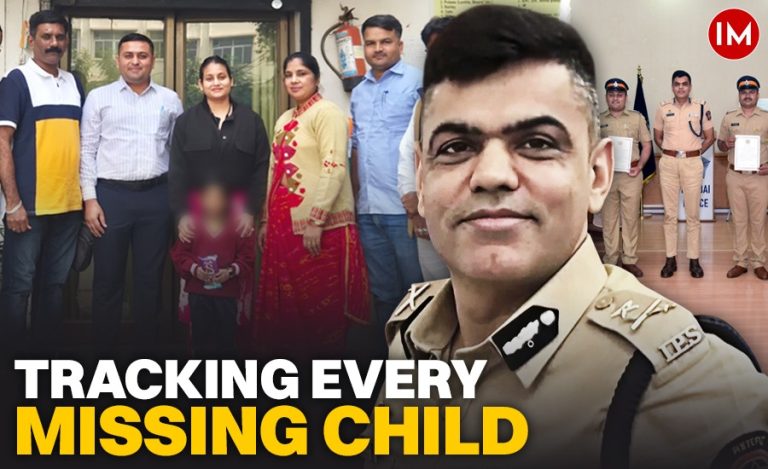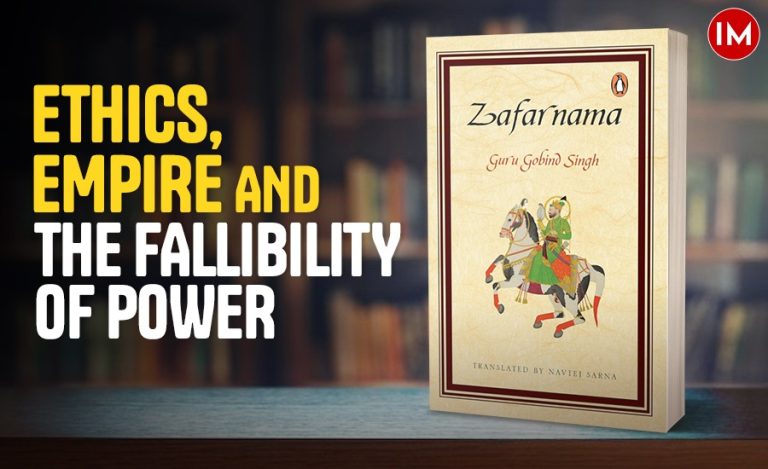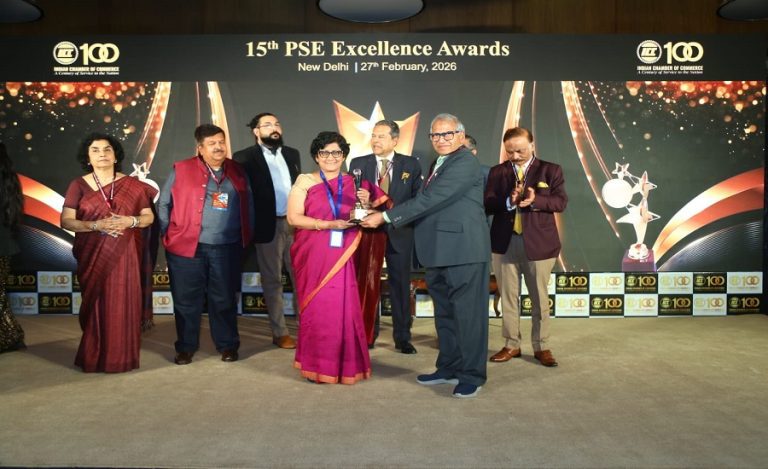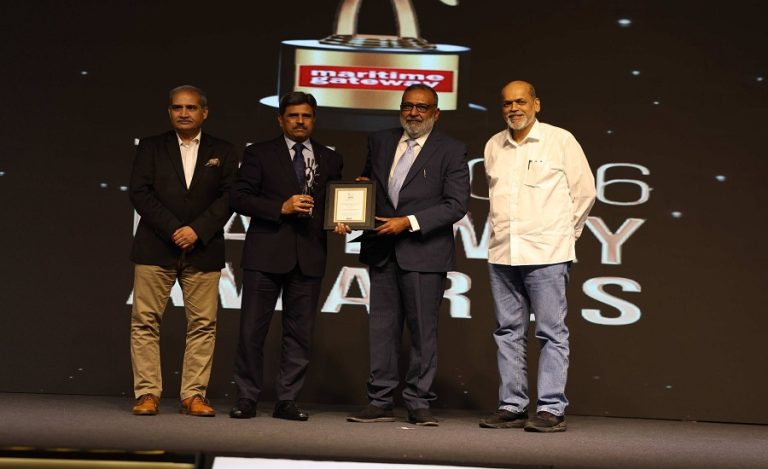In Jharsuguda district of Odisha, the police have shown how the new criminal laws can be used effectively in cases of crimes against children. Under the leadership of IPS officer Smit P Parmar, a 2013 batch officer who was serving as Superintendent of Police (SP), the district police achieved quick convictions in two sensitive cases—one in just 55 days and another in 99 days. Both cases were handled using forensic evidence, adapted identification methods, and close trial monitoring, following the Bharatiya Nyaya Sanhita (BNS), Bharatiya Sakshya Adhiniyam (BSA), and the Protection of Children from Sexual Offences (POCSO) Act.
CASE 2: RENGALI POLICE STATION CASE NO. 105/2025
The survivor, a visually impaired minor, had gone to a neighbour’s house on May 2, 2025, to listen to television. There, a 54-year-old man assaulted her in the afternoon while his family slept, threatening her life if she told anyone. Her father filed an FIR on May 6 under Section 64(2)(k) of the BNS. Later, Sections 351(2) and 6 of the POCSO Act were added. The accused was arrested on May 8, and the chargesheet was filed on May 28, within 22 days. On August 13, he was convicted and sentenced to life imprisonment with a Rs 10,000 fine. The survivor received Rs 10.5 lakh under the NALSA Victim Compensation Scheme for medical care, counselling, education, and long-term support.
SP Smit P Parmar directly supervised the investigation. He told Indian Masterminds, “We prioritised forensic evidence like DNA profiling to build solid cases. In these instances, biological samples were collected promptly and matched with the accused, leaving no room for doubt.“
A crucial part of this case was the Test Identification (TI) Parade conducted under Section 170 of the BSA, supervised by a Judicial Magistrate. Because the survivor could not see, the process used voice recognition, gait and movement assessment, and tactile methods. Dummies with similar body types were also used to prevent bias. The Magistrate recorded every step and statement carefully. This provided additional evidence alongside DNA results, making the prosecution stronger.
INVESTIGATION AND WITNESS PROTECTION
The police followed scientific methods, including scene documentation, medical examinations, and strict chain-of-custody protocols. Under Section 398 of the Bharatiya Nagarik Suraksha Sanhita (BNSS), they ensured that victims and witnesses were protected from threats, maintaining confidentiality and security so survivors could testify safely. Statements were recorded under Section 183 of the BNSS, respecting the dignity of child and disabled survivors.
TRIAL MANAGEMENT
To keep the trial on schedule, Holding Investigating Officers (IOs) were appointed. They monitored hearings, submitted progress reports, coordinated with prosecutors, and ensured witnesses appeared on time. SP Parmar noted, “Appointing Holding IOs in sensitive POCSO cases helped track progress as ‘Red Flag Cases’, allowing constant oversight and eliminating procedural hurdles.“
Special Public Prosecutor P.R. Singhdeo led the case, with OIC Samarendra Nayak as Investigating Officer. The judgement was delivered by Additional District Judge-cum-Special Judge (POCSO) Puja Sarangi, who prioritised the case and maintained the survivor’s dignity.
The police also coordinated with the District Legal Services Authority (DLSA) to provide counselling, medical aid, and educational support to the survivor, ensuring long-term recovery beyond the conviction.
EARLIER SUCCESS: CASE 1
Earlier, the Jharsuguda Police also secured a fast conviction in another sensitive case—Brajrajnagar Police Station Case No. 93/2025—involving Ajit Nag, a repeat offender who sexually assaulted two minor boys on March 21, 2025. Nag was arrested within four days, and the trial concluded in 55 days with a 25-year sentence. Each victim received Rs 8 lakh under the Victim Compensation Scheme.
IMPACT AND REFLECTIONS
These cases show how forensic-led investigations, SP-level supervision, and survivor protection under BNSS can lead to fast and fair trials. Time-bound chargesheets and court proceedings were completed without weakening evidence.
SP Parmar summed it up: “Justice delayed is justice denied. Our resolve is clear—swift, sure, and scientific investigations to ensure that no criminal escapes the law. This conviction reinforces our pledge to protect the vulnerable and deliver justice without delay. We act decisively against crimes targeting children, using rapid response, strict enforcement of BNS and POCSO, and close coordination with courts to prevent delays.“
IPS officer Smit P Parmar has now been transferred and posted as SP, Crime Branch.
Through these efforts, Jharsuguda Police have shown that the new criminal laws can help resolve complex cases quickly, strengthen public trust, and focus on protecting children.

